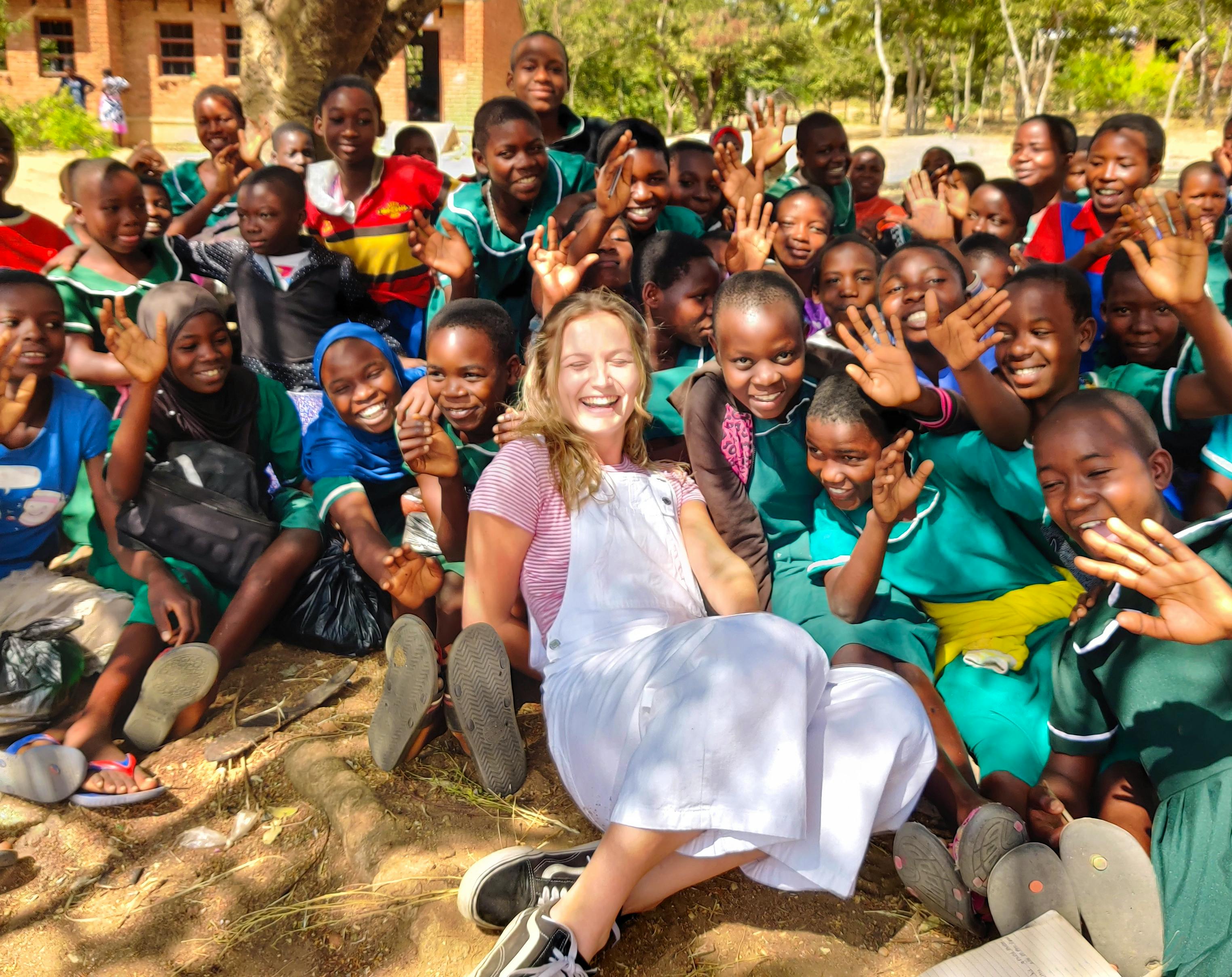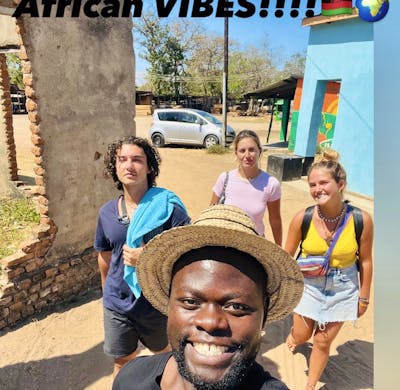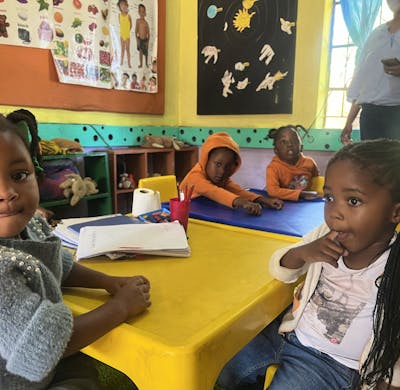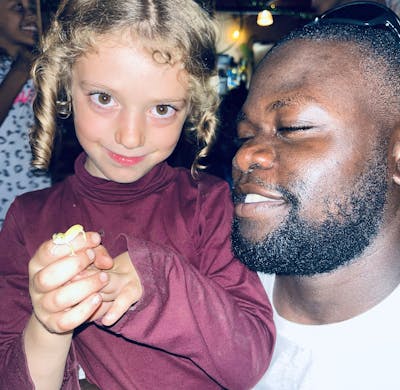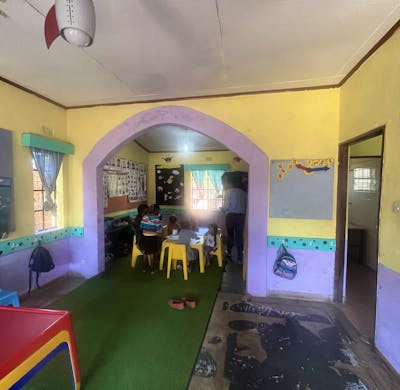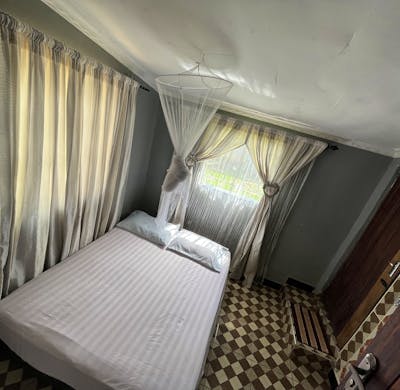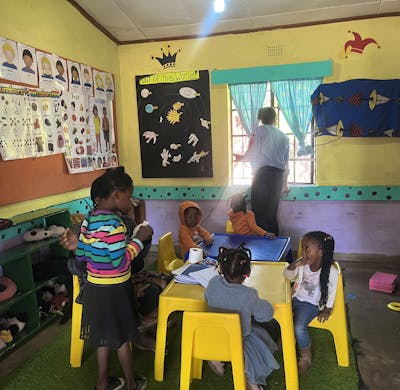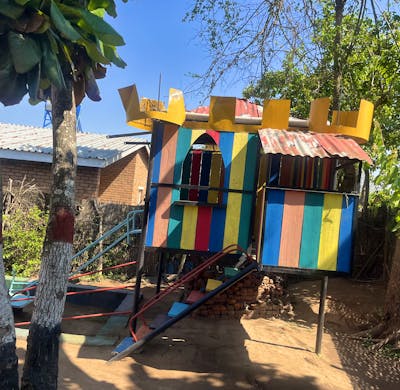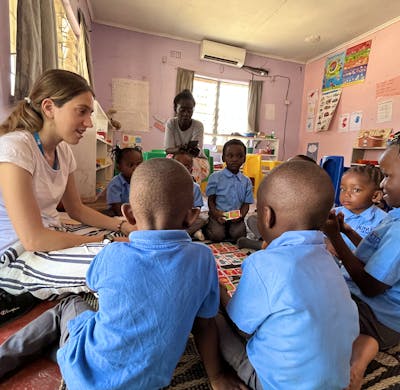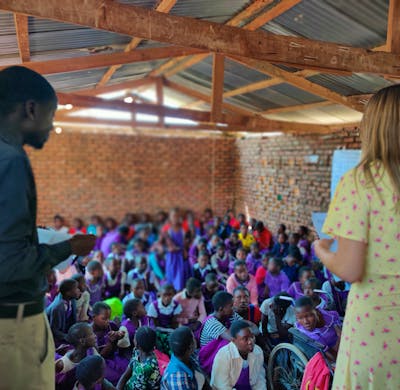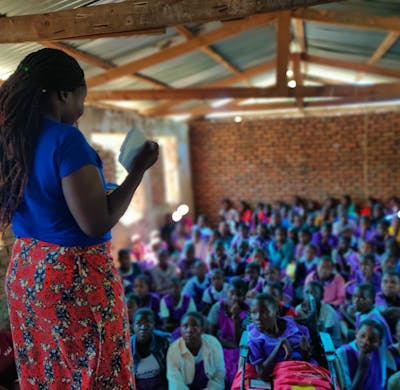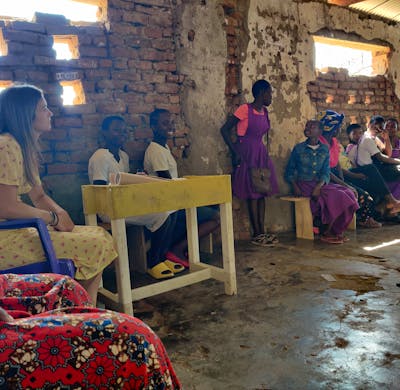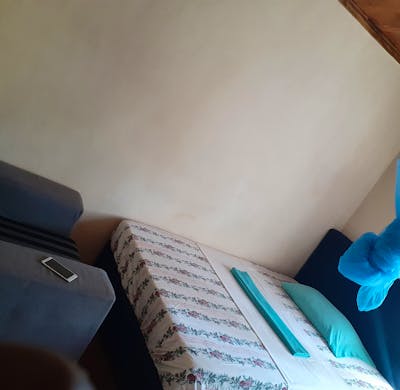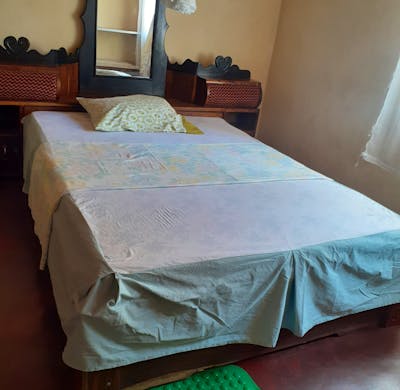We offer placements among all classes of the Malawian education system, these are:- Primary School
- Junior High School
- Secondary School
Most volunteers will take placements in Primary and Junior High Schools which are based together therefore adding an extra level of flexibility to meet everyones needs. Secondary is usually reserved for qualified individuals as once students have completed this level they are university ready.
Within the schools the basic subjects are taught regularly such as English, Maths, Science, Local Language, Religious, Sports & Moral Education. Computing is taught with the best will however usually this is from a text book as most schools don't have access to a computer or laptop. Creative arts and music again are absolutely adored by the children however due to lack of materials these are mostly read and taught from textbooks.
Why This Placement?
Schools in Malawi not only need your help to cope with the growing size of classes, lack of a 'subsitute' teacher process but also to bring a fresh approach to lessons which are traditionally very dictation focused. Practicals are not experienced until secondary school and throughout primary schools there is a distinct lack of supplies especially for anything creative arts focused which is adored by the children.
We aim to improve the standard of education in our area by not only providing additional resources of staffing to seriously understaffed and deprived communities, introduction of new and fresh ideas to lessons and their planning but also supplying additional learning materials and books otherwise unavailable.
You should not come expecting for the school to be at a stand still until a volunteer arrives, we are here to enhance and assist not to replace teaching staff. Education is an important factor of Malawian life where families circumstances allow them to pursue this so more often than not teachers will be present in their classrooms. Volunteers usually agree to a mix of teaching various classes with their teachers or headmaster.
When you are not directly teaching or if this is not where you wish to help, you can be focusing as a teaching assistant/support role helping children that are struggling to keep up and on a one on one basis. The teaching style in our rural area is often dictation focused so it's easy for children that struggle with english to be left behind.
How Do I Get To The Placement?
Budget an additional 2 to 3 USD per day for transport costs.
We work with a number of schools within the local community and slightly further out.
Volunteers will usually take taxis back and forth to their placement site. It is very easy to take shared taxis in town and they are very reasonably priced. Most of our schools will require volunteers to pay transport between 2 and 3 USD a day. The more remote village schools are usually located down tracks and therefore cost a little bit more to reach. Our team will be able to assist volunteers group together for transport and where to find taxis etc. Volunteers are usually able to head off into the town after school easily to shop for food supplies, grab a cold drink or meet up with friends before heading home and the ease of taxis offer a really flexible experience for the volunteers.
What Will I Be Doing?
Depending on the school that you select after your introduction and what you will feel comfortable with, you may be paired up with a teacher to primarily start supporting as a teaching assistant or you may be given a class yourself depending on your experience and confidence. Although the thought of your own class may seem overwhelming at first, the sheer enthusiasm and eagerness to learn of children will be a strong push to spur you on the way. Where you feel that your teacher is a 'really good example' and you don't think you can bring anything to help, this is simply not the case. As we're sure you're aware even in developed countries there are teaching assistants and learning support departments to be able to offer an extra hand to those children that struggle especially in Ghana where it can be extremely difficuly for children to learn advanced topics in English which is their second language and a lot of them are not comfortable in using it constantly.
For the younger children basic reading, writing and creative arts lessons are usually required whereas for the older children we advise not only developing the previous skills but breathing new ideas and life into their textbooks. We have a wide range of teaching books and lesson plans within the store room of the volunteer house and we advise volunteers to make use of their free evening and weekend time to plan the following days lessons.
A good example we seen so far Mercy Mkandawire is 14 years old, she has never been at any school, efforts have/were been made to enrol her at Chibanja primary but the school infrastructures are not disability friendly.
She joined our classes and she happens to be the most improved learner with passion to learn.
Support the initiative we have the passion but without resources.
Bravo to our volunteer teachers for the good work.
Who Will I Be Working With?
If the number permits we aim to group volunteers together at a particular school or project. You will work closely with a teacher and report to the Headteacher should you have any issues. A member of our team will also spend a portion of their day at the project to assist in anyway and offer any guidance should it be needed. Most volunteers strike up a strong bond with the teachers and are treat as another member of staff as if you were always there. It is not uncommon to be invited round their homes for dinner at an early stage as a way of saying thank you.
What Do We Expect From The Volunteers?
A teaching qualification or experience is not compulsory for this placement, your level of experience and confidence will gauge what level of students would best suit and will be discussed between the team and yourself on your first day introduction. The greatest traits of a volunteer are enthusiasm, empathetic and the ability to adjust to alternative cultures. You will get the most of our your trip by opening your mind to new experiences and beliefs whilst also bringing your own to the table.
We expect volunteers to visit their placements Monday - Friday, exceptions can be made for long weekends of travel etc but we hope for the children and yourselves to get the most of your placement this is kept to a minimum.
What Can You Expect From Us?
We will be on hand any time of any day to support you in your placement and trip as a whole. There will always be someone you can speak to or get a hold of should you want to discuss anything or require any guidance, from organising after school clubs to changing your placement. Our team living in the volunteer house will also be able to offer advice regarding travel plans and the local area so you will soon feel at home.
What Should I Bring?
Regarding your placement we advise bringing plenty of school materials, arts & crafts items and some ideas from teaching resource websites. These will prove invaluable throughout your placement as there is a lack of materials able to purchase in the local area. Basic pens, pencils and cheap paper are available as well as moderate priced photocopying should you wish to bring activity sheets.
What Happens During School Holidays?
During school holidays if a volunteers placement falls within these dates then we will organise a holiday school. Usually in a remote village where the children are more than willing to join in, these days usually are more focused to arts and sports from lunchtime onwards.
The school holidays usually fall three times a year; few weeks around easter, few weeks around August and a few weeks during December.
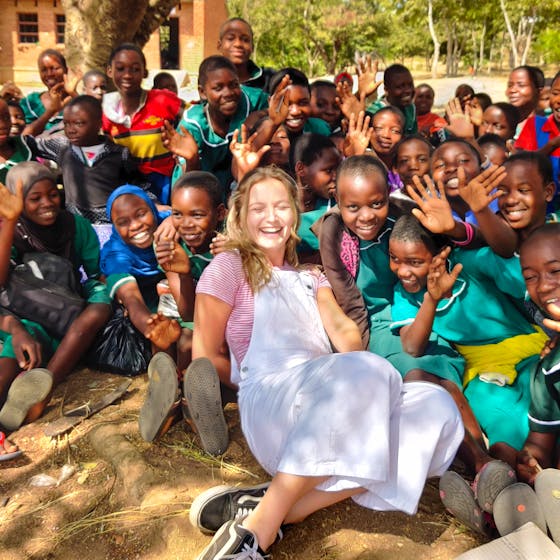
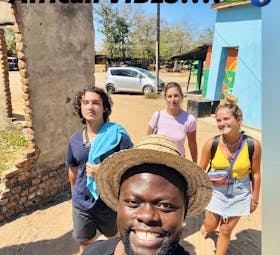
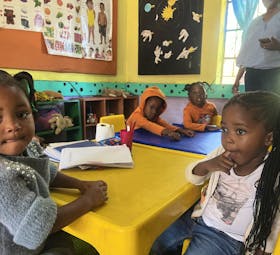
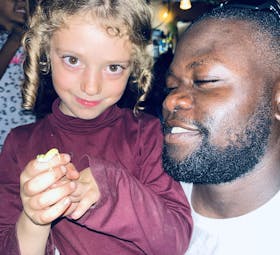
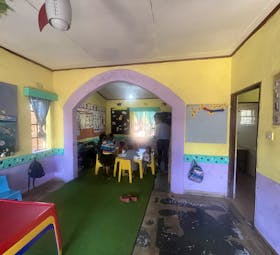
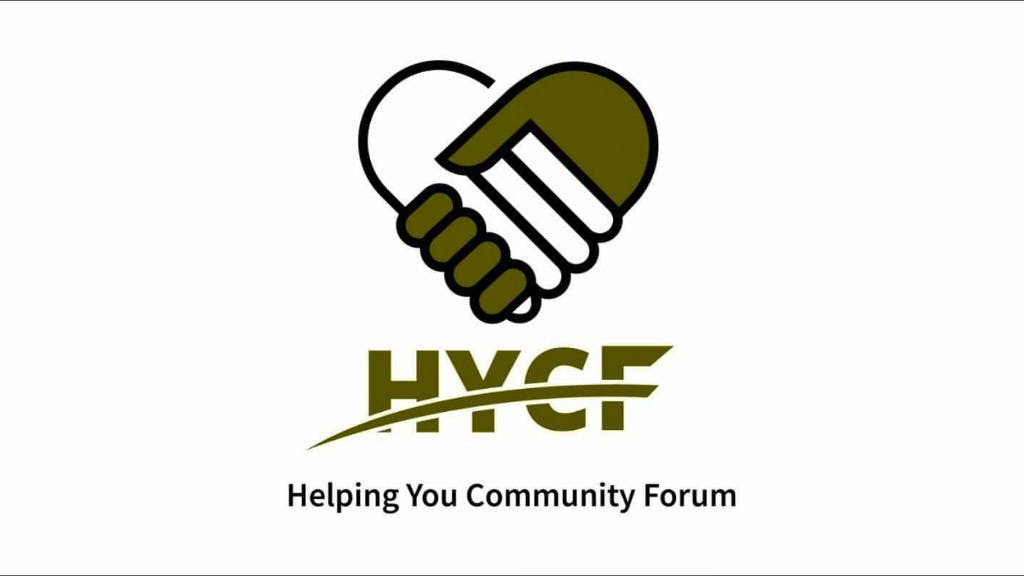
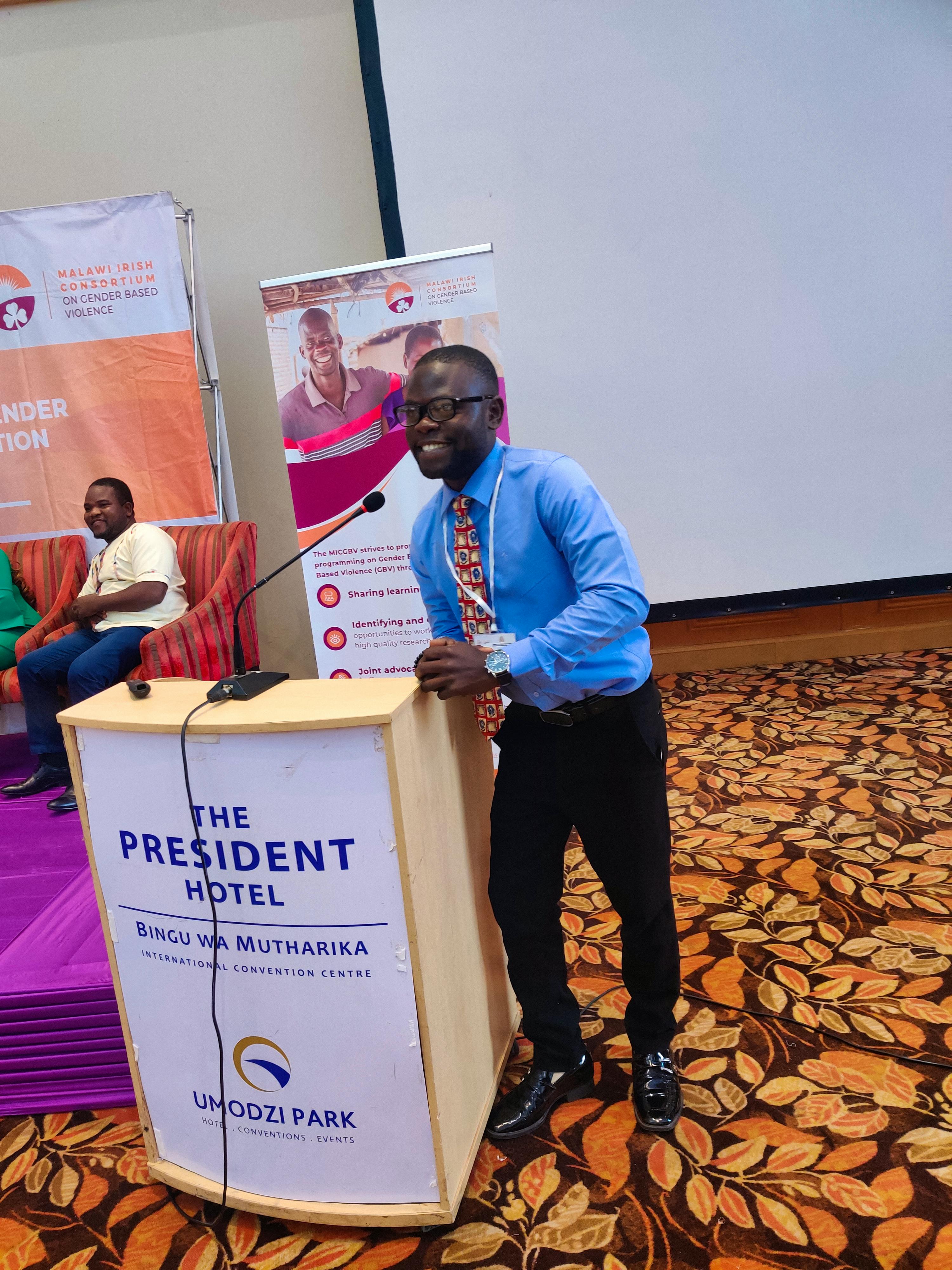
 4.8
4.8

